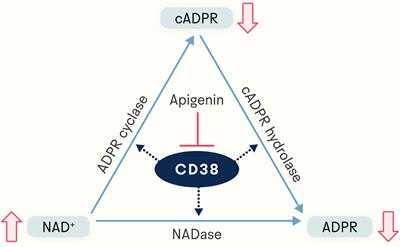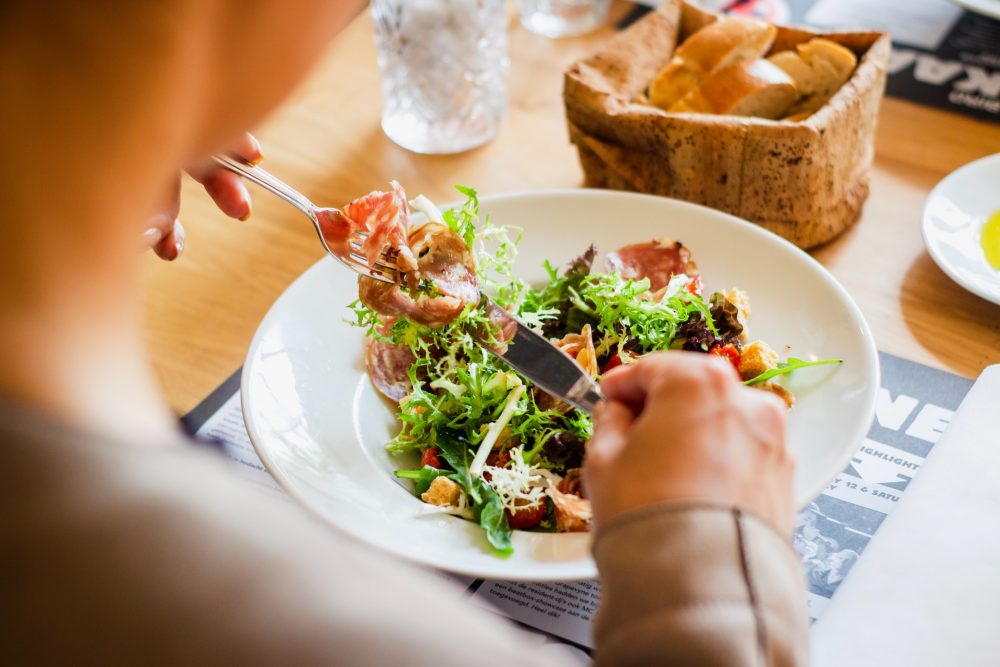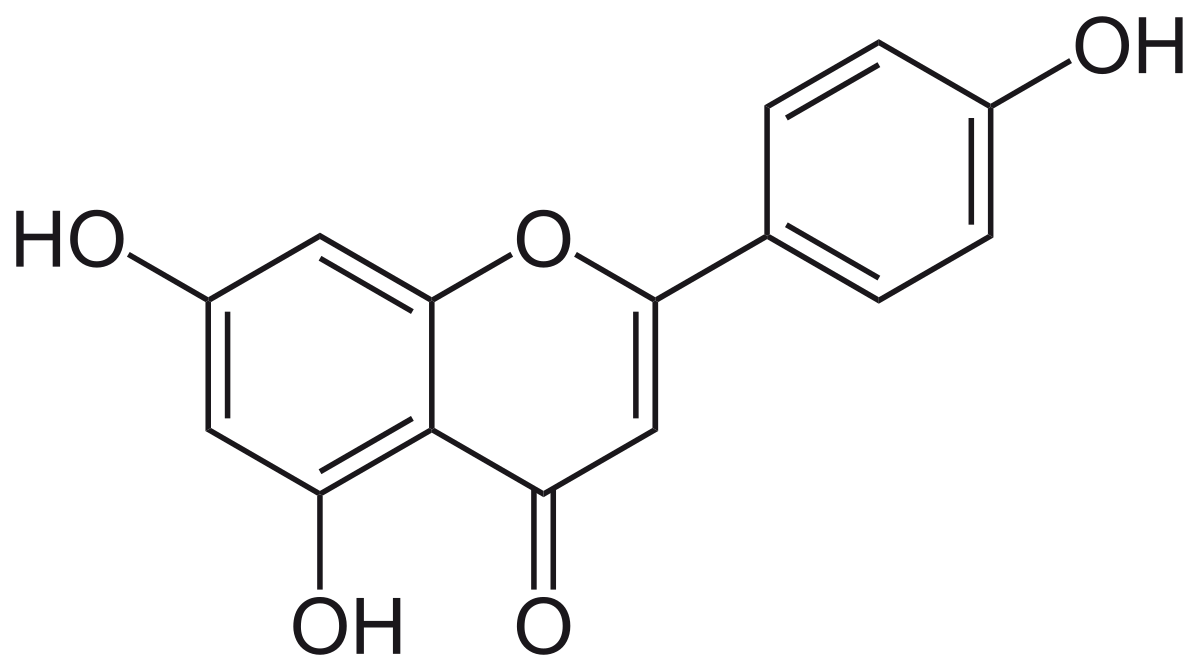watchnerd
Level 8 Valued Member
It's cheap.
It helps you sleep.
It may improve cognitive function.
It reduces stress.
It helps fight cancer.
I've had good results with no side effects.

 www.frontiersin.org
www.frontiersin.org

 www.ncbi.nlm.nih.gov
www.ncbi.nlm.nih.gov

 www.ncbi.nlm.nih.gov
www.ncbi.nlm.nih.gov
It helps you sleep.
It may improve cognitive function.
It reduces stress.
It helps fight cancer.
I've had good results with no side effects.

Apigenin: a natural molecule at the intersection of sleep and aging
NAD+, a pivotal coenzyme central to metabolism, exhibits a characteristic decline with age. In mice, NAD+ levels can be elevated via treatment with apigenin, a natural flavonoid that inhibits the NAD+-consuming glycoprotein CD38. In animal models, apigenin positively impacts both sleep and...

Does Oral Apigenin Have Real Potential for a Therapeutic Effect in the Context of Human Gastrointestinal and Other Cancers?
Apigenin (4′, 5, 7-trihydroxyflavone) is a plant flavone that has been found to have various actions against cancer cells. We evaluated available evidence to determine whether it is feasible for apigenin to have such effects in human patients.Apigenin ...

The Therapeutic Potential of Apigenin
Several plant bioactive compounds have exhibited functional activities that suggest they could play a remarkable role in preventing a wide range of chronic diseases. The largest group of naturally-occurring polyphenols are the flavonoids, including apigenin. ...


